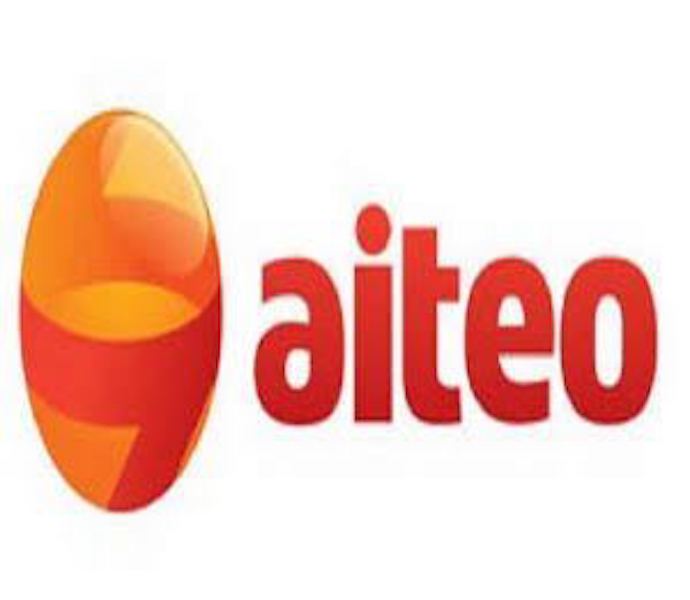By Akanimo Sampson
Aiteo Eastern E&P Co has unveiled a continental ambition that will see it serving the needs of communities across Africa, helping the continent to reassert her energy independence and building a high-quality asset base, while increasing market share, revenue and shareholder value.
The Niger Delta basin, Nigeria’s main oil and gas region, is a core area for Aiteo, where it is expecting to contribute high-margin production. With tens of billions of barrels of oil reserves remaining untapped, there is enough capacity there alone to support the country’s oil industry for decades to come.
On its website Aiteo said, ‘’we have a strong inventory of follow-up prospects, and expect that the Niger Delta basin will be our primary focus for many years of profitable operations. In order to achieve this, we will need to look where no one has dared to look before for untapped reserves of light, sweet crude oil.
“Drilling in the deeper parts of the basin unlocks greater opportunities for companies, such as ours, that have the necessary expertise and ambition to explore these more challenging locations. Innovation in processing is also needed to maximise the efficiency of oil retrieval and to make sure all of its products – such as natural gas – are put to profitable use, keeping marginal and almost-exhausted oil fields profitable for as long as possible.
“However, we are not fixed solely on the Niger Delta basin; we are also looking for untapped reserves elsewhere with equal ambition. The Benue Trough is a sedimentary rift that exists beneath south-eastern Nigeria and offers huge potential for onshore development. Its coal is a valuable resource in itself, as well as being a significant potential source for both oil and gas, however, the Trough is often overlooked by companies seeking easier options for development.
“We are not afraid to take on these challenges, both for economic success and for the good of the global community. Oil is a finite natural resource and we must ensure that we retrieve as much of it as possible from the fields that are tapped, refine it as efficiently as possible into fuels and derivatives, and use it wisely in end-user markets, with pricing that reflects its rare value and the innovation that went into its release from its reservoir below the ground.
“Our work is not purely about profit, but also aims to do good for the communities in which we operate. Alongside Southern Asia, sub-Saharan Africa is one of the world’s most poverty-stricken areas; together, the two regions account for four-fifths of all the planet’s communities living in poverty.’’
Currently, Victor Okoronkwo, the company’s Chief Executive Officer, is pumping about 90,000 barrels of oil a day and forecasts production of 250,000 barrels in five years under the planned expansion. Daily natural gas production would increase six-fold to 300 million standard cubic feet in the period.
The company said worldwide, 1.6 billion people have no direct access to electricity, and that in Nigeria the use of biomass, combustibles, waste and other renewable fuels for heating and cooking means more than 80% of total energy consumption does not come directly from oil and gas – a massive market to capitalise upon by ensuring the availability of infrastructure and a consistent supply.
“By becoming the pan-African leaders in the energy supply market – both upstream and downstream – we can achieve massive growth in a huge potential market that other companies have, as yet, failed to target in its entirety. We can put in place robust infrastructure that complements and extends that which is already in place across the continent. And we can raise millions of Africa’s poorest residents out of fuel poverty by giving them power supply they can rely on,’’ the company added.
Aiteo is planning to spend as much as $5.00 billion to boost its oil and natural gas production in the next five years as well as drill new oil wells and re-open existing ones as it is determined to raise production. Okoronkwo said it will also seek to increase its stake in a joint venture with Nigeria’s state oil company.
While Ojoronkwo was insisting, “We have a development plan which has been submitted to our joint venture partner Nigerian National Petroleum Corporation (NNPC),’’ the government has made changes to how operators can raise funds, moving away from the cash call model whereby partners contribute in line with their stake in a joint venture. That gives operators more freedom to secure financing. Nigeria is also cutting its holdings in joint ventures in order to raise cash.
“Our expectation is that in line with the joint venture agreement between us and the federal government, the existing partner will have the right of first refusal,’’ the CEO said. Aiteo has a share of 45% in Oil Mining Lease 29, with NNPC holding the remainder.
Aiteo is among the local producers that bought oil leases from oil majors such as the Anglo-Dutch big oil, Shell, when overseas operators curbed operations in Nigeria due to oil attacks on infrastructures. Repeated halting of its Nembe Creek Trunk Line, which runs to Shell’s export terminal for Bonny crude, has cost it and the government at least $2.00 billion in revenue over the last two years.

